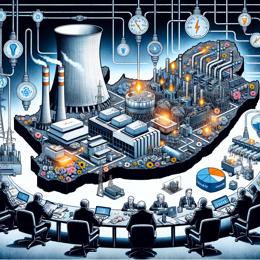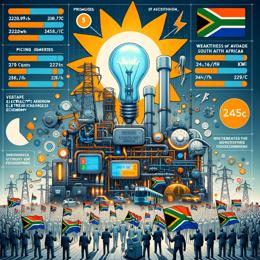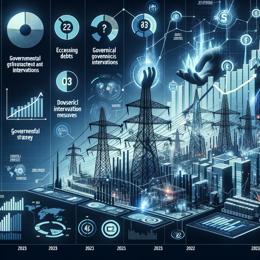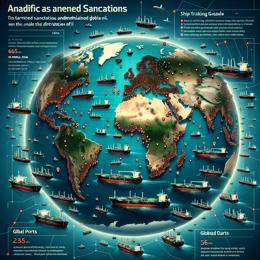Image created by AI
Navigating the Complexities of Load Reduction in South Africa
In South Africa, the practice of load reduction by Eskom and City Power has sparked intense debate and scrutiny, particularly concerning its impacts on historically disadvantaged areas. Load reduction, distinct from load shedding, targets specific areas to prevent overloading of the electrical grid, which is mainly attributed to illegal connections.
Electricity minister Kgosientsho Ramokgopa, during a recent human rights inquiry, emphasized that load reduction is pivotal in coping with the infrastructural limitations and illegal connections that strain the system. These infrastructural issues date back to apartheid-era planning, which did not adequately foresee the current demographic and urban shifts. Ramokgopa defended the policy, stating that labeling the measure as racially motivated is "irrational" and "ludicrous."
The inquiry also highlighted concerns about the real-life impacts of load reduction, with the Department of Health's director-general, Sandile Buthelezi, indicating potential links between load reductions and critical incidents in health facilities. Although hospitals are equipped with generators, these serve as only short-term solutions during power outages. Some cases reportedly linked to load reduction have been escalated to the health ombudsman for thorough investigation.
From the grassroots level, residents of townships and rural settings express that load reduction predominantly affects their communities, exacerbating existing social and economic disparities. In response, Eskom CEO Dan Marokane acknowledged that these communities bear the brunt of power cuts. However, he clarified that this was a consequence of broader socio-economic dynamics such as urban migration and inadequate urban planning rather than any form of deliberate exclusion.
Both Eskom and City Power officials have reiterated that their approach to implementing load reduction does not discriminate between those who pay for their electricity and those who do not. According to City Power general manager, Lerato Galema, all consumers connected to the same feeder are equally impacted by load reduction, regardless of their individual payment status. Galema also mentioned ongoing adjustments to ensure critical sites like hospitals are less affected, thanks to direct feeder systems.
Despite these assurances, the fairness and long-term implications of load reduction remain a point of contention. Critics argue that without significant improvements in infrastructure and active measures to curb illegal connections, load reduction could continue to disproportionately impact vulnerable communities. The ongoing inquiry is expected to delve deeper into these issues, striving for a balance between protecting the national grid and ensuring equitable treatment of all South Africans. As public hearings continue, the nation watches keenly, hoping for a resolution that bridges the gap between necessity and fairness.










